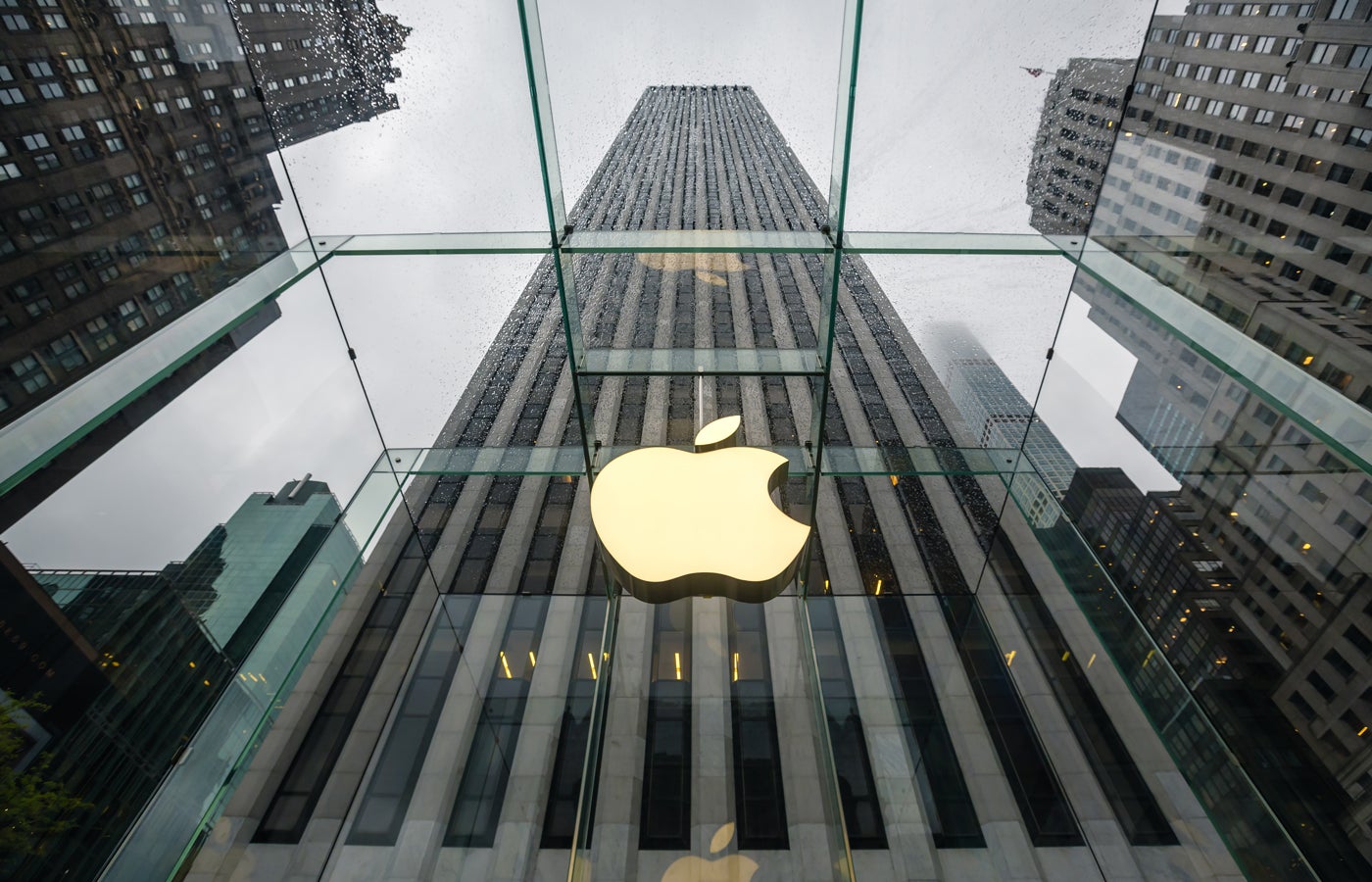Apple has unveiled major changes to iOS 18 and iPadOS 18 in the E.U. as part of its ongoing efforts to comply with the Digital Markets Act. European users will have more control over default apps, browser choice, and even the ability to remove long-standing pre-installed apps like Safari.
The “browser choice screen,” introduced in March when the DMA came into force, appears the first time Safari is opened after updating the iPhone to iOS 17.4. It allows E.U. users to choose their default internet browser for opening links, whereas previously this would automatically be Safari.
A number of changes will be made to the browser choice screen that will accompany iOS 18 and iPadOS 18, including the inclusion of browser descriptions.
Apple will expand the number of device functionalities for which the user can choose an alternative default app to include phone calls, messaging, and password management. It will also increase the number of pre-installed apps that can be deleted from the device.
Most of the changes will arrive “by the end of this year,” according to Apple’s official update.
The Cupertino company said: “These updates come from our ongoing and continuing dialogue with the European Commission about compliance with the Digital Market Act’s requirements in these areas.”
A spokesperson for the European Commission told TechRepublic that it “takes note of Apple’s announcement” and “will monitor the effectiveness of the solutions in achieving the objective of the DMA” after they have been implemented.
Changes to the browser choice screen
The new version of the browser choice screen will give users a clearer understanding of the alternatives to Safari. E.U. users will now see 12 browser options, including Chrome and Firefox, with descriptions pulled directly from each browser’s App Store page.
In addition to displaying the browser options first, Apple will require users to scroll through the entire list of alternatives before selecting a new default browser. If the chosen browser isn’t installed on the device, the download will begin automatically before opening and replace the Safari icon on the Home Screen.
All E.U.-based users of Apple devices with Safari installed will see the browser choice screen after they download iOS 18 or iPadOS 18, unless they already have a browser other than Safari set as default. They will see the screen again if they migrate to a new device, and their default browser on the old device is Safari.
Developers of browsers listed on the choice screen will be given access to their browser’s performance data, including selection rates.
Expansion of default apps options
Apple is expanding the default app options beyond just the browser, email app marketplace, and contactless payment clients. Later this year, E.U. users will be able to set third-party defaults for other functions like phone calls, messaging, keyboards, password management, and spam call filters.
A new Default Apps section will be added to the Settings app, where users can manage all their default apps. In spring 2025, E.U. users will also be able to choose the default apps for navigation and translation.
SEE: Apple Intelligence EU: Potential Mac Release Amid DMA Rules
Option for deleting core apps
Apple will let users delete core apps, including the App Store, Messages, Photos, Camera, and Safari, for the first time. This will give E.U. users greater control over the apps they use most and significantly level the playing field for third-party app providers.
Apple vs. the DMA
Apple responded to the DMA’s requirements in January, saying accessing third-party apps on Apple devices presents security risks, including “malware, fraud and scams, illicit and harmful content.”
However, it did make a number of changes, including reducing the maximum commission it can claim on subscriptions and in-app purchases for apps listed on the App Store and removing its commission on those distributed by a third-party app.
Despite these changes, after the deadline for E.U. DMA compliance passed in March, it was announced that the E.U. was opening an investigation into Apple for alleged gatekeeping in apps and browsers — such as promoting their own services above competitors. Then, on June 24, Apple became the first tech giant to be formally charged for violating the DMA.
It had violated the law in three main ways:
- None of its three sets of business rules for app developers allow developers to freely steer their customers to purchase options outside the app.
- Steering to purchase options outside an iOS app can only be done through “link-outs,” where an in-app link directs the user to a web page to complete the transaction, which are heavily restricted.
- Apple’s fees for bringing a developer new customers by hosting their app on the App Store go beyond what is strictly necessary for remuneration.
At the same time, the commission also launched a new investigation into Apple’s business terms for developers seeking to host their iOS apps on third-party platforms to determine if these terms are so restrictive that they discourage developers from doing so. Specifically, it is looking into:
- The new Core Technology Fee, which sees developers of third-party app stores and third-party apps being charged €0.50 per first app install over one million.
- The multiple steps the user must take to download alternative app stores or apps on an Apple device, and the information screens they are shown as part of the process.
- The eligibility requirements for developers related to the ability to offer alternative app stores or directly distribute apps from the web on iPhones.
Apple still has the opportunity to reply or take actions that alleviate the concerns before a decision is made, which is likely why the tech giant has released its latest set of changes. However, if the preliminary findings are confirmed, a non-compliance decision will be adopted by March 25, 2025.
A spokesperson for the European Commission told TechRepublic that the next steps in the open investigation will be based on the effectiveness of the new solutions in achieving the objective of the DMA.
Source link
